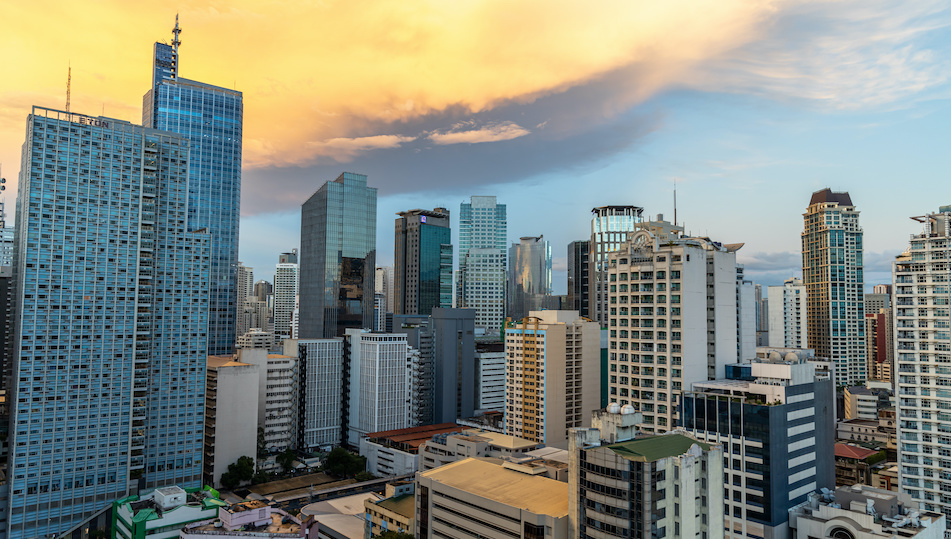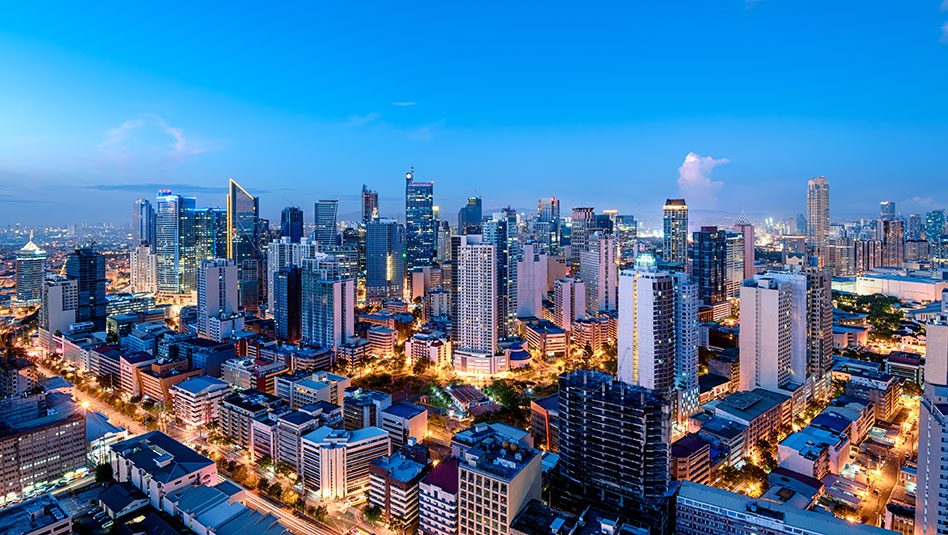




Inflation Update: Prices rise even slower in May
 DOWNLOAD
DOWNLOAD

Monthly Recap: BSP to outpace the Fed in rate cuts
 DOWNLOAD
DOWNLOAD

Quarterly Economic Growth Release: 5.4% Q12025
 DOWNLOAD
DOWNLOAD


TOP SEARCHES
Gross borrowings fall in August

THE NATIONAL GOVERNMENT’S (NG) gross borrowings dropped by 6.96% to P124.056 billion in August, the Bureau of the Treasury (BTr) said.
Data from the BTr showed that gross borrowings in August were lower than P133.338 billion in the same month in 2022.
Month on month, gross borrowings slipped by 5.97% from P131.937 billion in July.
In August, domestic borrowings accounted for almost all or 94.6% of total gross borrowings.
Gross domestic debt declined by 11.09% to P117.374 billion during the month from P132.021 billion a year ago.
Broken down, this was made up of P110.235 billion in fixed-rate Treasury bonds and P7.139 billion in Treasury bills.
Meanwhile, gross external debt grew fivefold to P6.682 billion in August from P1.317 billion in the previous year. External borrowings were entirely composed of new project loans.
In the January-to-August period, the NG’s gross debt jumped by 21.76% to P1.68 trillion from P1.38 trillion in the same period last year.
Domestic debt accounted for the bulk or 76.5% of total gross borrowings in the first eight months. Gross domestic borrowings increased by 23.37% to P1.28 trillion from P1.04 trillion.
This consisted of P904.76 billion in fixed-rate Treasury bonds, P283.763 billion in retail Treasury bonds, and P95.842 billion in Treasury bills.
As of end-August, external debt stood at P394.562 billion, up by 16.81% from P337.794 billion in the same period a year ago.
This was composed of P163.607 billion in global bonds, P145.059 billion in program loans, and P85.869 billion in new project loans.
ING Bank N.V. Manila Senior Economist Nicholas Antonio T. Mapa in a Viber message said that the lower gross borrowings in August was due to “less pressure” to borrow amid normalizing revenue streams.
“As the economic reopening narrative fundamentally increased, the government tax revenue collections helped narrow the budget deficit and reduced the need for additional borrowings,” Rizal Commercial Banking Corp. Chief Economist Michael L. Ricafort said in a Viber message.
However, Mr. Ricafort noted risk factors such as elevated interest rates could drive up borrowing costs.
The Bangko Sentral ng Pilipinas (BSP) has raised its policy rate by 425 basis points (bps) from May 2022 to March 2023. This brought the key interest rate to a near 16-year high of 6.25%.
BSP Governor Eli M. Remolona, Jr. has given a signal of the possibility of another 25-bp rate hike at its November meeting, which would bring the benchmark rate to 6.5%.
This year, the National Government has set its borrowing program at P2.207 trillion, consisting of P1.654 trillion from domestic sources and P553.5 billion from foreign creditors. — Luisa Maria Jacinta C. Jocson
This article originally appeared on bworldonline.com





 By BusinessWorld
By BusinessWorld